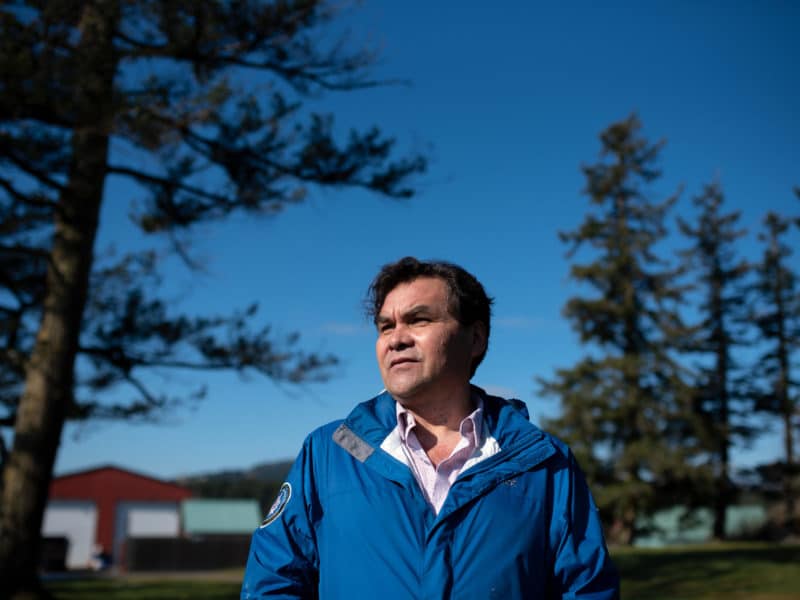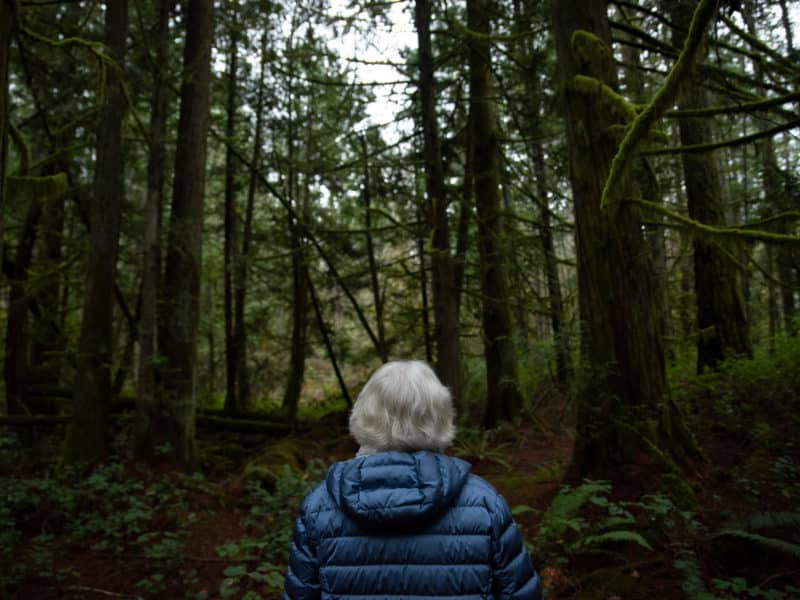
How will watersheds be protected for those in small communities or who rely on wells? That’s a question we at The Discourse heard from you after we launched a poll asking what you think should top the B.C. election agenda. Our goal is to put you in the driver’s seat of the election conversation because we believe you should guide it, not the candidates or the parties.
Leading up to the election, we’re publishing answers to questions you sent. Today, the question is: How are you going to protect watersheds for those who live in rural areas and rely on wells or small community water systems?
As of Oct. 16, The Discourse received answers from three of four candidates for this question via email. I’ll be rotating the candidates’ order of responses with each story we publish. Here are their responses. I’ve copied them directly from the emails they sent.
John Horgan, BC New Democratic Party
There’s nothing more important than taking care of the place we call home – the air, land and water that makes British Columbia such a good place to live, work and raise a family.
Healthy watersheds are critical for our ecosystems, and everyone who relies on wells and community water systems for their own drinking water.
Our platform makes a number of commitments in this area. A re-elected NDP is committed to:
- Protecting clean water for now and tomorrow: We will protect clean water in British Columbia by creating a watershed security strategy to plan, manage and protect local watersheds for the public good – while making sure BC gets fair rates for the bulk sale of water moving forward.
- Creating local projects and jobs protecting water: As part of the strategy above, we will seek a partnership with the federal government to establish a Watershed Security Fund to fund Indigenous, local, and regionally led clean water initiatives and create good, sustainable, local jobs for British Columbians in watershed restoration, monitoring, technology, training, and education.
Gord Baird, BC Green Party
Water is my specialty and my passion. I sit as vice chair on the CRD Regional Water Supply board and work to ensure safe drinking water for over 300,000 citizens. In my professional business role, I actively participate in policy and I personally design and install potable water systems.
I live in a community that relies on its aquifer. We have antiquated legislation that was designed before there was any talk of climate change, before there was persistent organic pollutants, before there was any value placed on community well-being, and before we understood the role of our natural assets.
I would see a two-step approach to this. First, we need to overhaul the archaic Mines Act, which is designed to not consider people, well-being, climate change or ecosystems, and only consider the financial viability of the extracted resource. Second is to modernize legislation to allow communities more direct influence on land-use activities. Presently, the province denies municipalities the ability to ban certain activities like mining, quarrying and logging.
Tyson Riel Strandlund, Communist Party of BC
Resources and energy should be put under public and democratic ownership and control, and P3’s ended. I would make polluters responsible to working people – not shareholders, investors and CEO’s. Community water systems should be given protected legal status as part of broader conservation and sustainability efforts.
Further reading:
- The Communist Party of BC’s platform mentions putting resources under public ownership and democratic control. It also has a section on climate justice.
- On the BC NDP website, the platform is broken down into “commitments,” one of which is tackling climate change and protecting nature. It specifically mentions protecting clean water in B.C. by “creating a watershed security strategy to plan, manage and protect local watersheds for the public good.”
- Protecting and enhancing fish and wildlife is part of the BC Liberal Party platform, which mentions “accelerating reforestation programs with priority to high-value fish-impact watershed reclamation.”
- Managing natural assets is a section in the BC Green Party platform in which the party pledges to allocate $50 million towards a dedicated watershed security fund to create jobs in watershed restoration, monitoring, technology, training and education. It also pledges to expand the model of the Cowichan Watershed Board across the province, conduct watershed planning, implement the Water Sustainability Act and implement a ban on fracking. [end]



